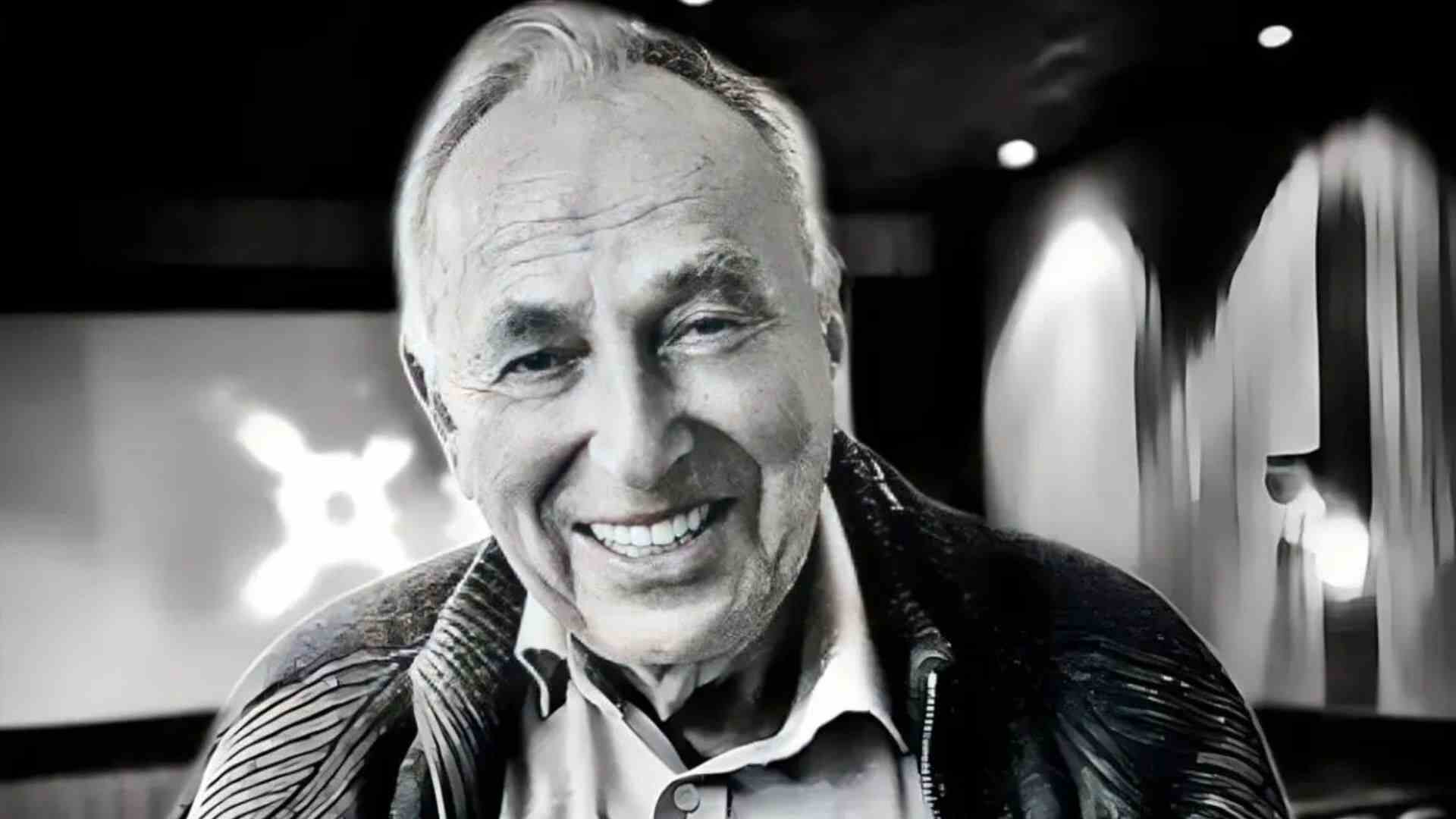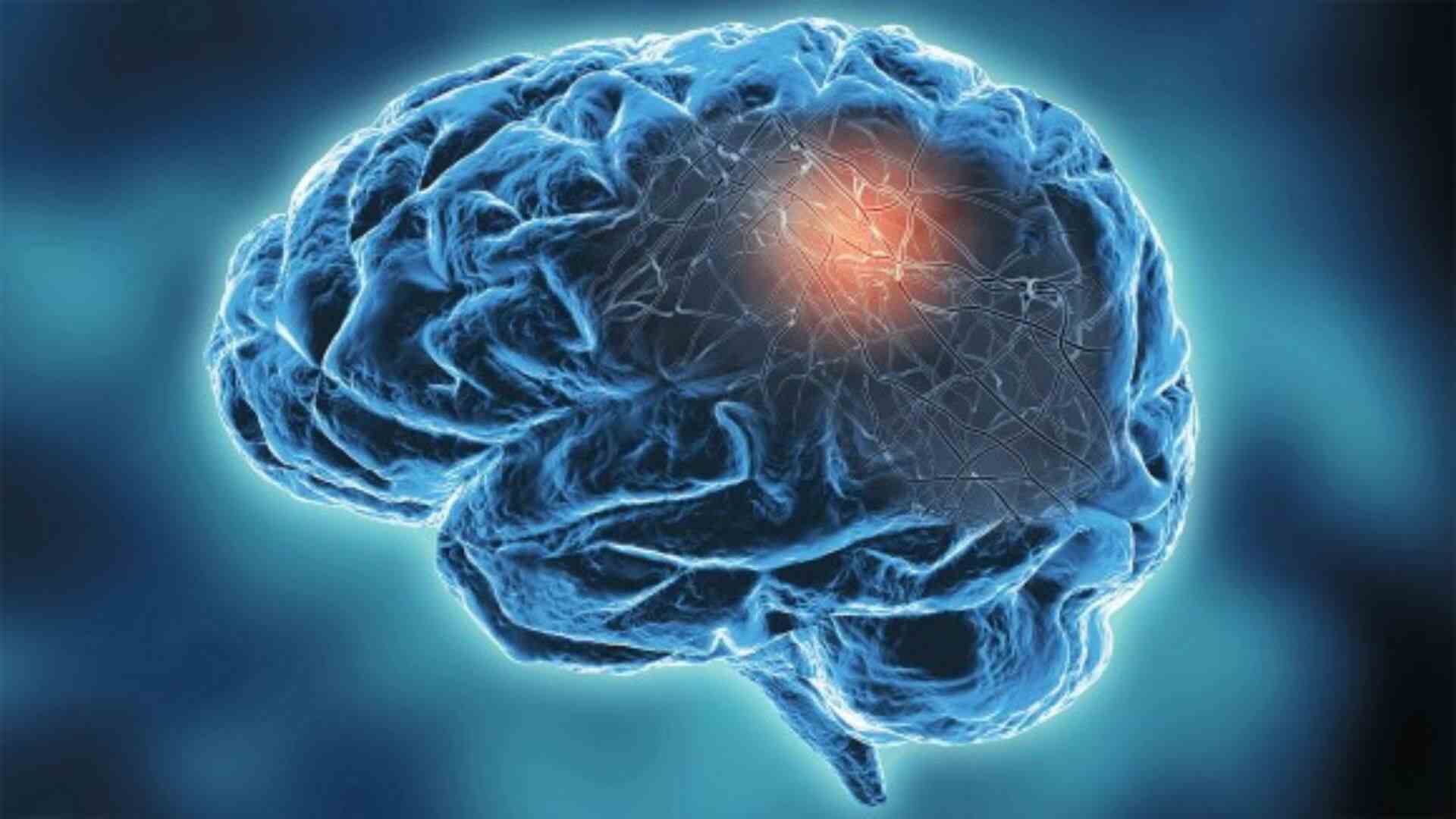
Thomas Hardy, the doyen of English novels, has described human life as a perpetual struggle against the brutal and barbaric forces of nature, which are always on the prowl to derive sadistic pleasures by inflicting atrocities on mortal men. There is certainly no denying the fact that man’s life is fraught with many difficult situations where one feels as if one has fallen into a cauldron filled with seething sulphur and the mere agony is let loose upon him.
It is a well-known fact that adversity is the best teacher a person can have. It is only the grave and adverse episodes of life that offer a platform to a man to make him realise his hidden and latent potential and let him pounce upon the chances to chisel his persona.
Such challenges make him not only cosmetically charismatic but really rough and tough like Arjuna, whom Lord Krishna himself goaded on the path to righteousness with his gospel truths unravelled in the battle field of the Mahabharata.
It is also neither mendacious nor hyperbolic to acknowledge that all of us have been fighting our own Mahabratas against various kinds of problems, both minuscule and monumental in nature. But Lord Krishna, in his physical manifestation, is not standing cheek by jowl with us to shower the rain of his spiritual nuggets and direct the courses of our lives during the times when we are teetering terribly on the verge of utter disappointment and despondency. However, it does not prove the misconceived notions of Nietche right that God is dead and man will have to look after himself. If this kind of philosophy is adhered to, there will only be clouds of despair, reducing this life to a mere closet of dead skeletons with not an iota of liveliness and hope.
The ever-abiding faith in the idea of truth, beauty, and goodness has proven time and again that human life is neither purposeless, as it has been described by Albert Campus in his book The Myth of Sisyphus, nor just deluged with its sombre and lugubrious constituents. It is a conglomeration of pains and pleasures, an amalgamation of bitter and sweet. But to fully understand this concept, man needs to pierce through the fateful facts of the objective of existence and recognise the inevitable and all-pervasive principle of karma, which implies that surrender is the sublime form of service to divinity. Though surrender here is certainly not to be confused with unwilling subjugation or servitude, It is just the acceptance of a fundamental truth that ‘ phelay bani peralebd paachey bena sarir’. It is destiny that is chalked first, then the corporal body takes its form. And a firm devotee also understands that this perishable body is a laboratory by residing there and conducting experiments in which the soul learns the spiritual truths and unlearns the mundane illusions under the tutelage of an expert master or guru who himself is fully conversant with the art of communing with the super soul and hence helps the seeker realise his ultimate goal of life, which is the attainment of emancipation from the cycle of birth and death.
The well-spoken idea of salvation or the deliverance of the human soul cannot be achieved by despising the world or suppressing carnal needs.
It is all about rising above desires with the invincible weaponry of spiritual wisdom and faith. Unlike the common belief that attachment to life and relations is a huge stumbling block in the path of the union of the soul with God, one has to go with the flow and remain attached to his worldly relations with the complete understanding that all other people are also working on their own salvation and the souls are together on the earthly planet due to some hitherto unknown karmic accounts.
Once they are done with one another, their directions and courses will automatically be diverted.
If the truths enshrined in our scripture are accepted and a man with a sanguine approach surrenders himself unto the Lord, his life will surely no longer remain a saga of struggle as Thomas Hardy depicts. It will simply become placid and serene with profound bliss, and man will give credence to the philosophy of the famous English poet Robert Browning, who states that God is in his heaven and everything is right with the world.
The author is is a renowned Spritual Healer and Energy Therapist.














